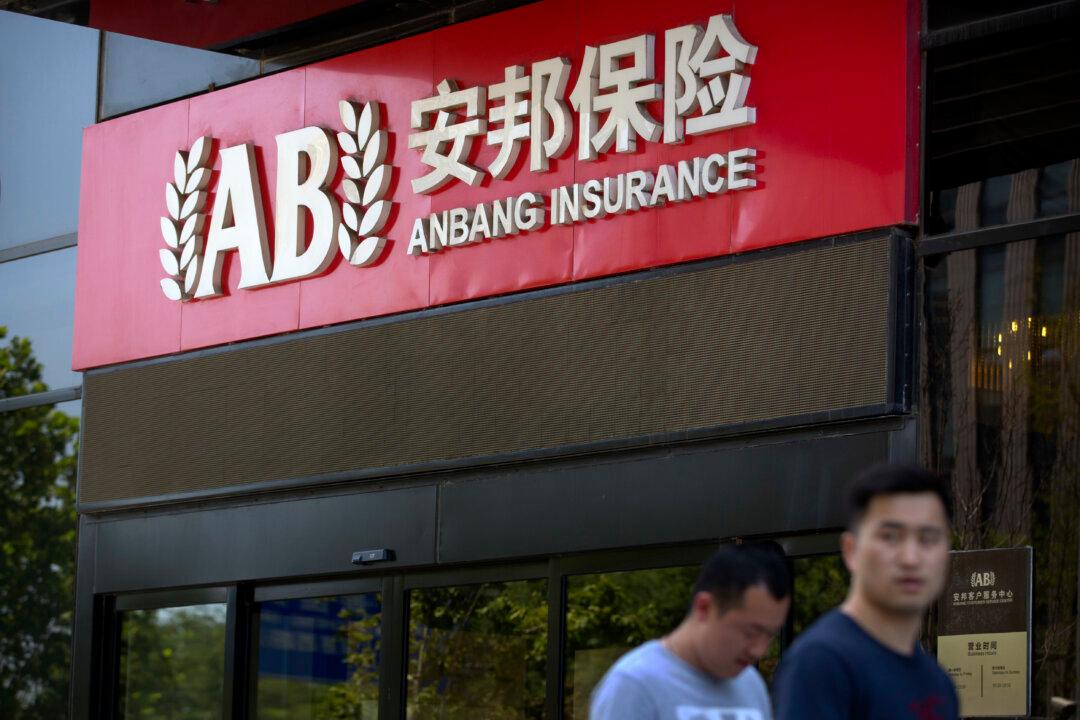News Analysis
Insurance law changes and the elimination of “guaranteed repayment” for insurance-based wealth management products have recently sparked heated debate in China.

Insurance law changes and the elimination of “guaranteed repayment” for insurance-based wealth management products have recently sparked heated debate in China.